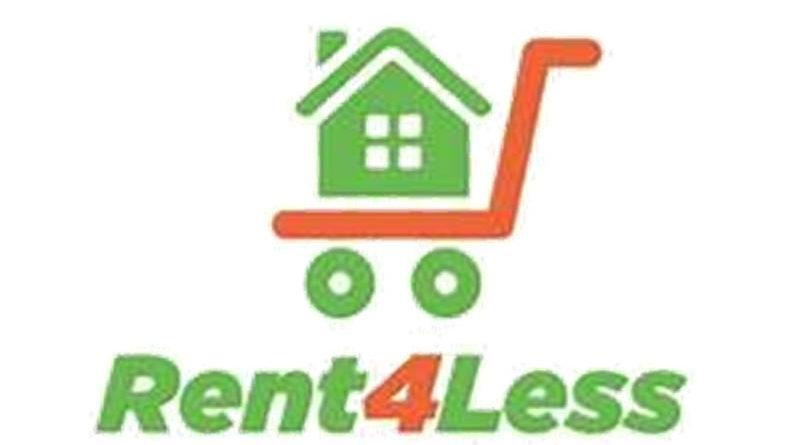Rent4Less raises $1m bond to entrench monthly rental culture in Africa
Nigerian rental scheme company Rent4Less by Alpha Mead, announced it raised a fixed-rate series one $1 million private placement bond to entrench the culture of monthly rental in Africa.
Damola Akindolire, Managing Director, Alpha Mead Development Company (AMDC): “Rent4Less has proven over the last 12 months that it is a product that has been designed as a response to the economic challenges that came with the pandemic. Because we are a member of a large Real Estate group, we have the opportunity of drawing insights from the experiences of other businesses within our group. One of those insights is the fact that the pandemic reduced the pocket size of most people and businesses and everyone has to reprioritise. So, we thought about how we can demonstrate to the market that our “We Care…” brand essence is not just platitude. And at one of our strategy sessions, we had a eureka moment: shelter is one of the basic needs of man; so, if we can take the stress of the lumpsum annual payment away from people and businesses at a time like this, we would have been solving a major problem. Over 80% of our growing population live in rental accommodation and we are happy that we have not just solved a major problem with Rent4Less, we have even proved within a very short time, that we can accelerate growth and replicate this success across Africa; and we thank CardinalStone Partners Group for getting on this journey with us.”
The senior secured private bond, issued by Alpha Mead is another milestone in the series of the company’s expansion strategies to increase access to shelter and perpetuate the culture of monthly rent payment across the continent’s housing and office markets.
Olusesan Ogunyooye, Head, Marketing & Corporate Communication, Alpha Mead Group: “As basic as shelter should be, and despite its immense impact on our social architecture, not everyone in Nigeria, and indeed, a significant part of Africa, can afford a safe, comfortable and secure accommodation. This is not because developers have stopped building. In fact, a drive around some of our cities will reveal an interesting paradox of scarcity amidst plenty, with low occupancy rates on the one side and unmet demands for housing and offices on the other. This funding will help us close this gap between the scarcity and plenty. It will help us bring more buildings to the market in Nigeria, and help us expand our footprint in Ghana where we just launched last month. Our premise is very simple: if people earn wages monthly, and attend to their other basic needs such as clothing and food periodically; why should they pay rent annually? Money locked with landlords for 12 to 24 months could be invested in other ventures that will be of benefit to the investor, the businesses where they are invested, and by extension, our economy. With Rent4Less, people can now pay rent monthly, quarterly, and bi-annually.”
In June 2020, AMDC fully redeemed a Series 1, tranche A 19.76% fixed rate $3.5 million (N1.45 billion) bond. The bond, issued in partnership with DLM Trust Company and UTL Trust Management Services, was utilised for the construction of 100 family units in Lekki, Lagos. The company possesses a track record of world-class service delivery and remains the first and only indigenous development company certified to international standards (UKAS ISO 9001:2015). Furthermore, its triple bottom-line approach to business culminated in its bagging of the World Bank Group’s green building EDGE Advanced certification for its Lekki Pearl Estate, a first of its kind in Sub-Saharan Africa.
Nelson Nlemuzor, Business Manager, Rent4Less: “Our product is not just about the rent payment cycle; it is also about space utilization. We all know that real estate is a location-driven investment asset class, and that makes it difficult for an average income earner to stay in prime locations close to Central Business Districts (CBDs), primarily because of the rent structure in these locations. Rent4Less is coming to address this with its shared living or working system that allows people of like minds to share the same living or working space and pay for just what they use monthly.”




